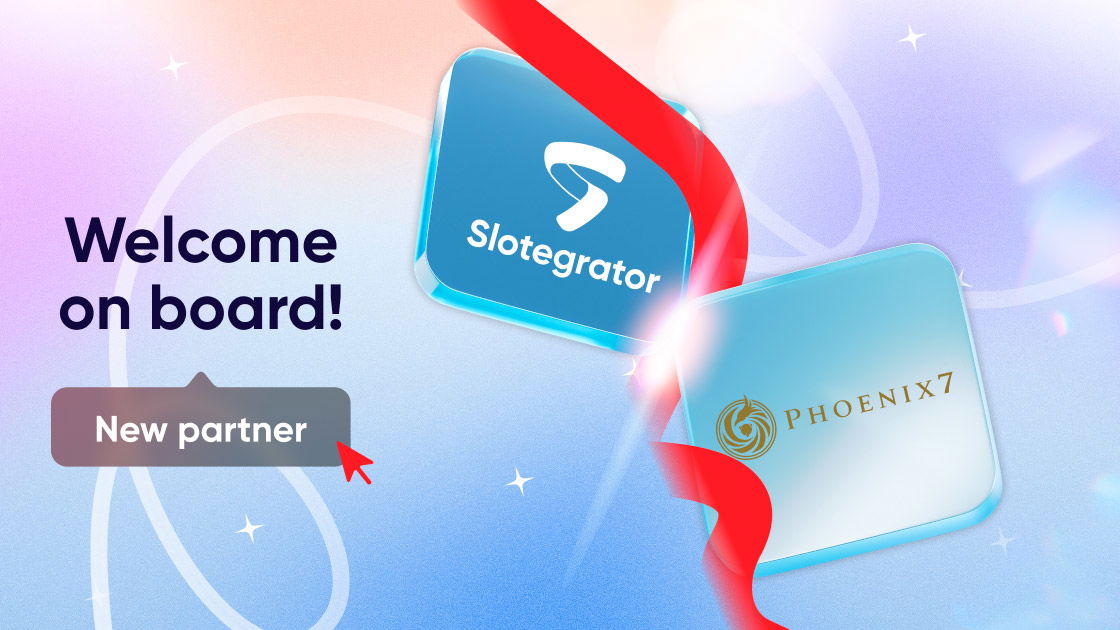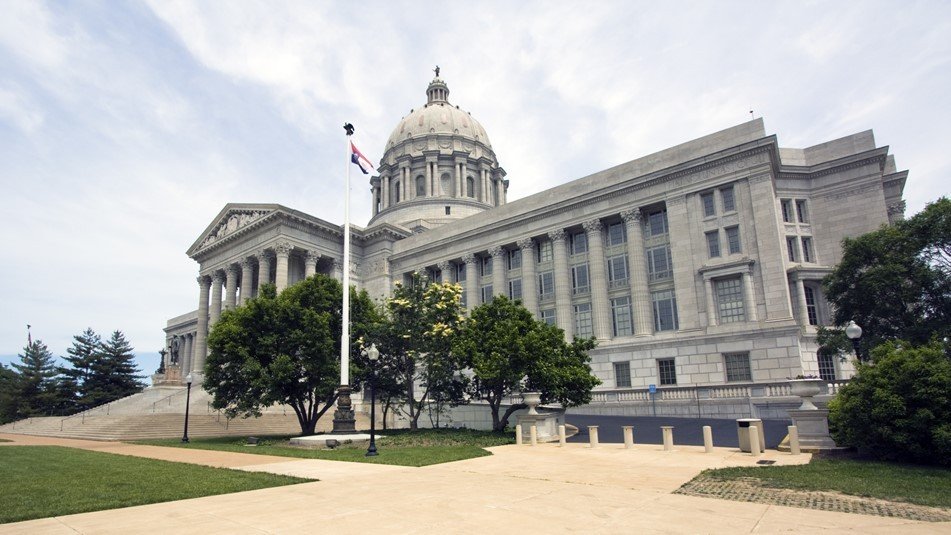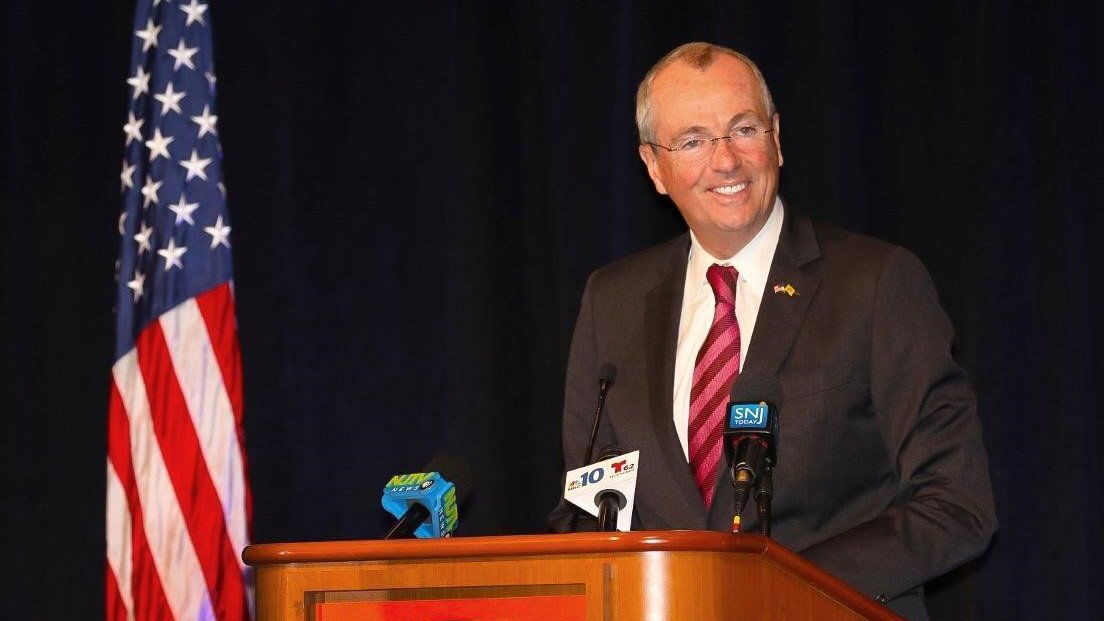Slotegrator expands its services into the Brazilian market

Slotegrator, the iGaming software and business solution provider, is now offering its services in the Brazilian market.
The solutions provider said it will offer all of its services, including game integration, sportsbook, payment systems and affiliate management, as well as marketing, licensing, web hosting and advisory services.
As online operators are prohibited from being based in Brazil, international operators and sportsbook find no local competition in the Latin American country’s market.
According to a press release by Slotegrator, the company “keeps an eye on the development of iGaming legalization in Brazil”. But, for the time being, it “offers its services to those who are eager to work or already operate in the market from other countries”.

With over 200 million people, Brazil is the sixth most populated country in the world, with an estimated 60% internet penetration. The most popular sport is soccer, but there are large-sized sports betting markets for basketball and beach volleyball, and punters bet on both domestic and international leagues, according to Sltegrator. Mixed Martial Arts competitions are very popular to bet on, owing largely to Jiu-Jitsu’s Brazilian roots. Betting on horse racing is also widely practiced.
In 2011, the Brazilian government passed a law that prohibited the use of credit and debit cards for placing bets, whether on or offline. This culminated during the FIFA World Cup in 2014, when the government attempted to curb online gambling by outlawing it, or prohibiting Internet Service Providers from hosting gambling sites.
A bill legalizing fixed-odds sports betting was passed in December 2018, and the Ministry of Economy was given two years to establish regulations and procedures. It has not yet been regulated. Law 14,183 was enacted in June, as a result of Provisional Measure 1,034.
For the Secretary of Evaluation, Planning, Energy and Lottery, Gustavo Guimarães, the changes made now align Brazilian law with international law and makes this market more attractive for investors.
The Ministry of Economy is now dedicated to enforce regulations of this vertical. They are expected to be ready by the end of 2021, so that legal operations in the country begin to take effect throughout 2022.


















































